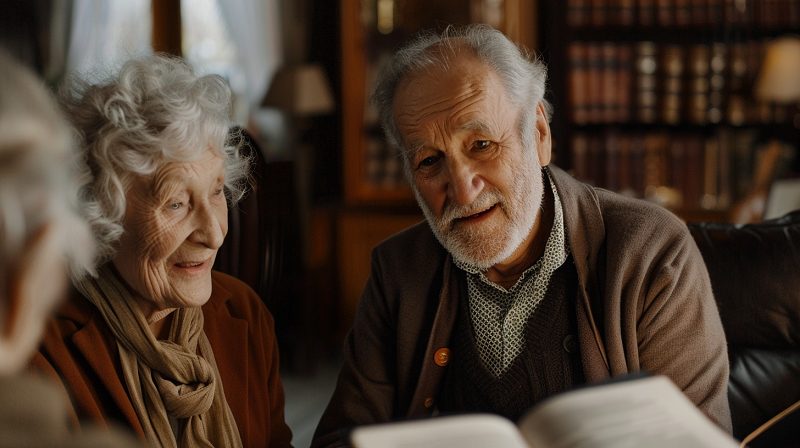Hall of Famer Ernie Banks, known colloquially by the nicknames “Mr. Cub” and “Mr. Sunshine” passed away January 23, 2015. Initially, his estranged wife Elizabeth Banks was given control of his estate.
Estate planning documents for a living will and trust signed in October 2014 were brought forward by Regina Rice. Rice had been a friend of Mr. Banks since 2003 and a caretaker for years before his passing.
Details between the previous will and 2014 will included changes of the beneficiaries and burial wishes. The older will left the estate to Elizabeth Banks and his three children. The new will left everything to Regina Rice and included a request to be cremated.
An individual has the right to bequeath their estate to anyone they wish. However, each state has certain requirements that must be met in order for any testamentary document, such as a last will and testament or a living will and trust, to be considered valid. State laws also govern how and when a will can be contested.
There are two issues that the disputes between Ms. Rice and Mrs. Bank highlight:
- Did Mr. Banks have the legal capacity to change or alter his testamentary documents in 2014?
- Was Mr. Banks unduly influenced by his caregiver to change his documents for her benefit?
Legal Capacity
An individual must be shown to have legal capacity at the time of the preparation and signing of testamentary documents. Otherwise a will or other instrument is considered invalid. In Nevada, courts have held that for a person to be of sound mind while executing a will, a person must:
- Know what a will does
- Know generally who they intend as beneficiaries
- Have a general understanding of their assets
- Decide how to distribute those assets
In this case, Mr. Banks met with a neuropsychologist at the University of Illinois Medical Center on October 14, 2014 and the evaluation “specified that Ernie exhibited significant cognitive impairment that indicated a presence of dementia of moderate to severe degree.” In the petition to contest the validity of Mr. Bank’s 2014 will, his family presented evidence that Mr. Banks’ health, both physically and mentally, was deteriorating rapidly. Just prior to his visit to the hospital, he fell at his home and was lying on the floor for several hours. He was taken in and later released to Ms. Rice under orders that he be constantly supervised.

However, the two witnesses to the will, employees of Chatman Law Offices, have indicated that Mr. Banks was lucid and was able to communicate his desires without assistance.
Mrs. Banks would need to convince the court that the mental examination only weeks before the execution of the will invalidates the 2014 will signed later. Overall, demonstrating legal capacity comes down to the evaluations and statements of doctors. Evaluations are not always made prior to the preparation and signing of documents and therefore offer areas of contention.
Undue Influence
Undue influence is even harder to demonstrate than legal capacity.
A will can be declared invalid if it can be demonstrated that an individual was influenced by someone who occupies a position of trust. Medical caregivers, live-in help, and personal assistants are commonly challenged on these grounds. They are in a unique position to manipulate the vulnerable person and push them to change testamentary documents to benefit the caregiver.
In Nevada, when a will devises property to a person’s caregiver those transfers are considered invalid. The basis is that a vulnerable person, elderly or with diminished capacity, who relies on the caregiver could be coerced into making dispensations contrary to their true wishes. The caregiver must offer an affirmative defense that the dispensation through the will was truly the wishes of the vulnerable person and not the product of undue influence.
Working with an Estate Planning Attorney
Avoiding posthumous challenges to a will or other testamentary document is one reason to work with an experienced estate planning attorney. They are aware of the issues that can arise and know how to certify legal capacity. They also can protect against undue influence by following state statutes sufficient to protect vulnerable parties from undue influence.

Eventually, Mrs. Banks and Ms. Rice reached an agreement over Ernie Banks’ estate. The exact details were not disclosed because the matter was decided in a private mediation. Though the contestation of the will left a mark on the passing of this sports legend, the existence of a will and trust allowed for the resolution to be conducted privately, sparing his legacy from further scrutiny by the public.
Contact Clear Counsel Law Group for your estate planning needs and learn more about how trusts, in particular, help to facilitate estate distribution and enhance your privacy.